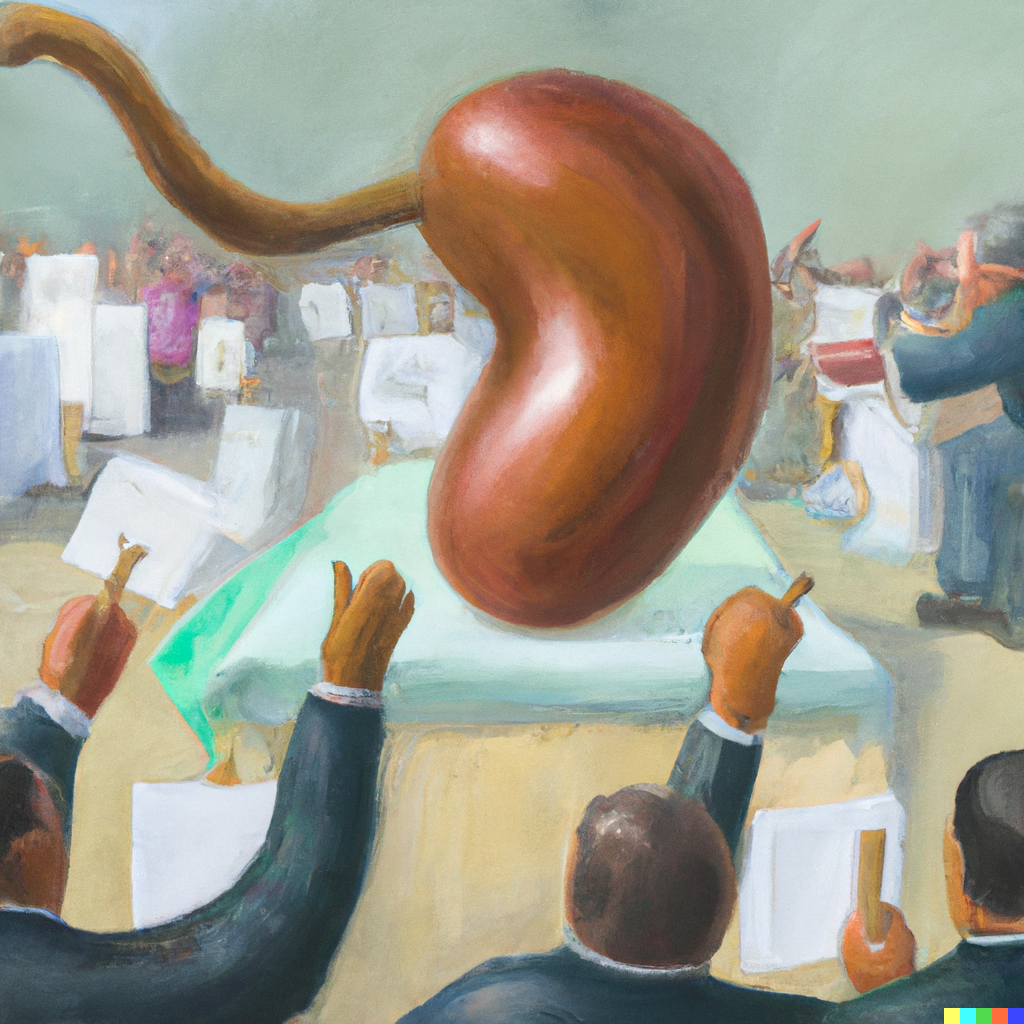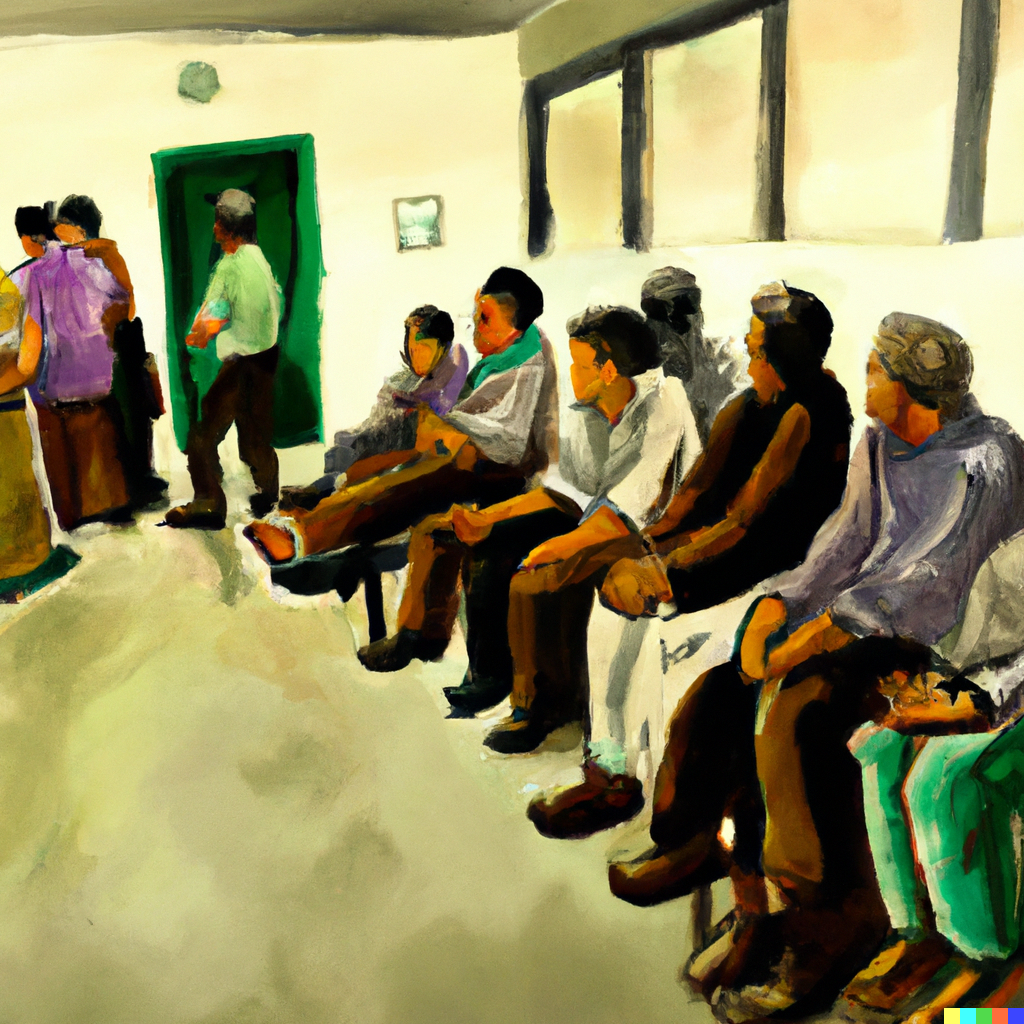Gandalf or Saruman? A Soldier in Scout’s Clothing

Sometimes, Scout Mindset can feel a lot like Soldier Mindset, and vice versa.[1]
When you’ve considered an issue with some care, formed an opinion, and somebody responds with raised voice about how awful that opinion is, it’s hard not to get defensive or take it personally.
There are lots of ways you could respond. If your aim is to achieve a thoughtful and respectful conversation, then you have to do several things: control your emotional reaction, be polite, stay honest about the fact that you disagree, and choose a response that allows the discussion to return to civil discourse.
Going through all that feels like a Scout-y thing to do, but it isn’t necessarily. Provoking a person with a strongly held (but possibly correct) view into offputting behavior, then assuming a posture of being the reasonable and civil side of the debate, is a wonderful rhetorical strategy. Loudly trying to shout down your opponent makes you look like a dumb Soldier. A smart Soldier tries to look like a Scout.

Likewise, if you’re a Scout and your information is being ignored, you might need to raise your voice, fight your way through, and make them listen.
People who are into signaling talk a lot about virtue signaling and intelligence signaling. It might be helpful to talk about Scout signaling and Soldier signaling. Neither of these are the same as being a Scout or Soldier. They aren’t reliable indicators in every context of where somebody is coming from. If a person is interested in developing Scout Mindset, it seems important to me for them to learn how to distinguish Scout Mindset from Scout signaling.
Back to our acrimonious debate, let’s say the civil person in the debate sincerely wants to want to practice Scout Mindset. There are a couple of useful things they can do.
One is to stick to their honest beliefs. That is part of the territory they are honestly scouting out.
Another is to remember that their loud debate partner might be a Scout with a very important message. Or not! But if you haven’t thoroughly explored their opinion and formed your own conclusions, it’s often wise to reserve judgment. If you do so, and stick to your original view, then having fully internalized what your debate partner had to say will help you address that point the next time you’re in debate.
I’ll finish with an example from a debate I had today in which I was playing the “civil” role and my debate partner was the “loud” one. We were talking about the ethics of regulated kidney sales vs. bans on organ sales.

My view is that legalizing the regulated sale of kidneys is a good thing. It gives a person with failing health a shot at a much better life, becomes a source of income for the seller, and lowers the cost of medical care.
Their view is that poor people who are likely to develop health problems later will tend to be the people selling their organs, even in a legal, regulated system. This is already the case with blood plasma sales. It will become a way for sellers of kidneys to get money fast, blow it on immediate needs, wreck their remaining kidney, and require a transplant themselves a few years down the line. Kidney surgery is painful, and some of the people selling their kidneys will die on the operating table. Political conservatives will use the fact that poor people can sell their kidneys as an excuse to cut welfare. They referred me to this column in the New York Times. Just a small sample from this powerfully written article:
The people around me seemed to be regulars who were trying to squeeze a donation in before work. I know because I heard them lying on their phones to their employers about why they were going to be late as the morning wore on. More women came in after nine, presumably because their children were now at school. There were men in the building trades with mud on their Carhartts, young Russian-speaking women in scrubs, one tweaker and a freshly shaved guy in a crisp white shirt trying to make deals on the phone who I thought worked for either a church or a cleaning supplies company.
After a few hours in the waiting room, I was called into the back office where I answered a range of questions, from “Have you ever been paid for sex?” to “Have you ever had a blood transfusion in the Falkland Islands?” The screener asked me to spread my hands so she could see my fingernails. “Wonderful, they’re all there!” she said, and stained one of my nails with a yellow dye.
The dye, which was semipermanent and visible only under a black light, was a tracking method used to make sure that people weren’t donating in multiple places simultaneously. Desperate people sometimes filed off an entire fingernail to get around it, so the screener had to check.

At the time, this line of reasoning didn’t click for me. I didn’t give these responses, but my brain was coming up with lines like:
“So you’re saying it’s bad for poor people to make money?”
“Lots of people do risky things to make money, why ban that here?”
“People know surgery is painful, at least in this case they’ll be well-informed about that fact before they sign up.”
But my debate partner spent their entire career as a nurse practitioner caring largely for very poor patients, and I think they have a decent amount of insight into the attitudes of that population. I think it’s worth considering their views carefully, even if they aren’t expressed very politely. Maybe they’re just being reactive, but maybe they’re the Gandalf in this situation and I’m playing Saruman.
I think one of their best points is that poor, desperate people are likely to be the main sellers of kidneys. Even if they’re healthy during the operation, they are disproportionately likely to suffer from illness or addiction problems that will harm their remaining kidney. This will require another kidney transplant, and maybe another one after that. It seems possible that the results could be net negative for public health, creating an underclass of poor people struggling to live with one semi-functional kidney.

Since we only have Iran for an example of how well legalized kidney sales work in practice, and it’s hard to extrapolate from this very different country to America (or, perhaps, trust Iran’s data), the risk that legalized kidney sales may do more harm than good seems worth taking seriously. Not as an excuse for complacency on the issue, but to light a fire under our asses to study the matter and gain as much clarity as possible.
It also suggests regulations that might alleviate this problem. For example, perhaps kidney sales would be restricted to people who have above a certain minimum level of income, who complete some sort of course to inform them about the risks (not only informing them, but also demonstrating conscientiousness), and who undergo extensive health screenings to ensure they’re in a low-risk category. The next time the topic comes up, I can lead off with these considerations, since they seem to be the crux of the matter for people who are against legalized kidney sales.
The way I make it easier for myself to listen to my loud debate partner is by imagining that I’m the Soldier and they’re the Scout in this situation. Or, because I love Lord of the Rings, that I’m Saruman and they’re Gandalf. This gets my mind turning in a different direction. It’s not about adopting every argument for their view, but identifying the ones that truly seem worth taking seriously, doing due diligence, and making them the center of further conversations in the future.

- ^
For those who don’t know, Scout Mindset is Julia Galef’s term for people who try to search for truth with an open mind, like a scout trying to gather accurate information, regardless of whether what they discover is good or bad for their side. Soldier Mindset is the opposite, and refers to the attitude of trying to win fights and confirm your own beliefs.
One old technique for training one’s mind to see various issues has been to try to argue for the opposing view by yourself. Debate teams also force people to switch sides.